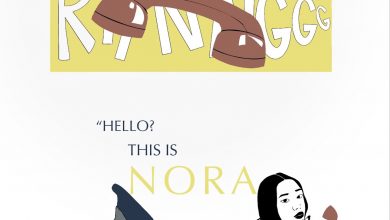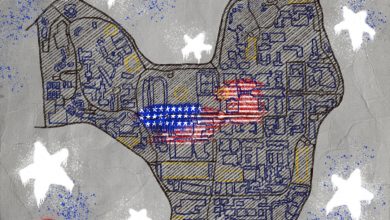Jane Austen, Feminist Icon?
Last week (January 28, 2013) saw the 200th anniversary of the well-known and ever-popular British novel, Pride and Prejudice. Personally, it is one of my favorite books of all time, and Jane Austen is one of my favorite authors of all time. While for some, this seems pretty normal and inconsequential, I’ve encountered people and ideas that say that feminist me can’t possibly really like P&P or Jane Austen, because, you know, it’s counterintuitive and even anti-feminist! The arguments usually build along the lines of the story being antiquated, setting feminism backwards with being so centered on romance and marriage, and that it’s no longer relevant for the modern woman or the modern audience.
But I would argue otherwise. Austen is still relevant, if not for her literary works, then for the popular use of her works (most notably that of Pride and Prejudice) in our contemporary pop culture. Though she wrote from her own experiences shaped by her time period and position in society, her narratives still contain messages that have clearly resonated with audiences across time and cultures. Narratives that feature and are about women. And more than that, they center around women who are portrayed as interesting, independently-thinking, with unique virtues and faults that drive and shape the story forward. I think that Austen was rather progressive for her time, being an advocate for women’s education and also being critical of the society she lived in, and both attitudes that are apparent within her novels.
Our dear Elizabeth Bennet is the most popular example. It’s true that her happy ending involves getting married, however, women’s life choices were highly limited in that era. Marriage was the most promising option for a woman, especially for one who didn’t want to live in poverty. This in mind, Lizzie famously declares that she will not marry unless it is for love, and keeps her word when she refuses to marry Mr. Collins, the male heir to her family’s property and an opportunity to save her family from poverty. While it can be seen as selfish, it can also be seen as admirable for Lizzie’s character, who refuses to entrap herself in society’s conformities and expectations. She is also well-read and unapologetically loyal to those she cares most about. And when Mr. Darcy comes along, she refuses him and doesn’t want to have anything to do with him until he stops acting like such a douche. Both Lizzie and Darcy go through character developments that involve overcoming flaws before they get together. They both end up respecting each other have a healthy relationship, unlike many of those shown in contemporary novels across genres.
Pride and Prejudice has seen 200 years. And in those 200 years, there have been countless adaptations across mediums from film to other novels inspired by P&P and other Austen works, such as the BBC TV series starring Jennifer Ehle and Colin Firth, and the 2005 film with Keira Knightley and Matthew MacFadyen, and the Bollywood-inspired “Bride and Prejudice,” “From Prada to Nada” [Sense and Sensibility], “Clueless” and “Aisha” [both Emma]. And of course the line of books started by Pride and Prejudice and Zombies. My current Austen/P&P obsession? The popular YouTube webseries: The Lizzie Bennet Diaries [link].
It’s much more than a love story. It’s a story about maintaining one’s true identity in a society that expects conformity, about the weight and significance of relationships (family, friends, romantic), that explores progressive ideas about women and society for its time. It’s at the very least feminist-friendly if not proactively feminist, and it’s a story that a diverse audience, even today, can connect and relate to, remaining one of our most beloved gems of storytelling.
___________
My Name is Lizzie Bennet–Ep. 1



